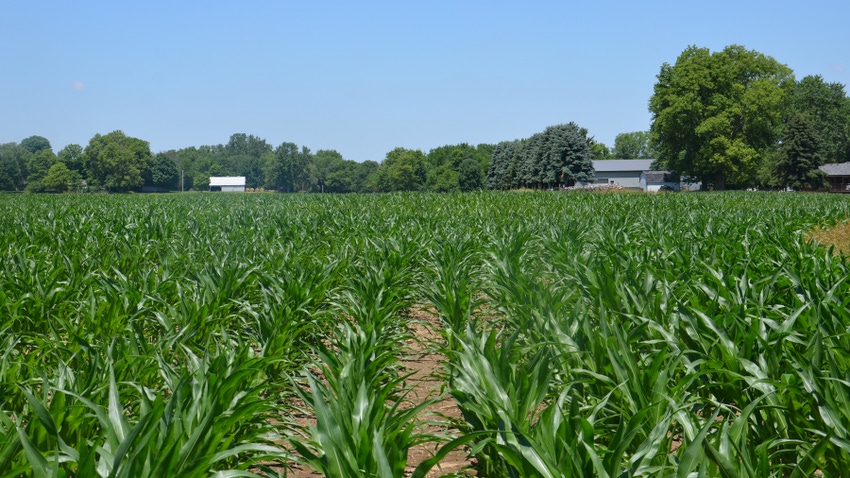
You’ve heard the word “carbon” and the phrase “carbon sequestration” so often recently that your ears may tune them out. Jeff Cummins says as an Indiana farmer and landowner, you can’t afford to become complacent if you hear those terms related to pending state legislation.
“Indiana Senate Bill 451 on carbon sequestration really boils down to a battle on property rights,” says Cummins, director of state government relations for Indiana Farm Bureau Inc. “At its core, that is really what is at stake, and why INFB is working hard to defeat the bill this session.”
Cummins urges people to not caught up in the technical issues of the bill.
“We really need all our members contacting their legislators, urging them to vote against this legislation,” he says. “Depending on what happens, it could be defeated in the House or not even clear committee, but that doesn’t mean the issue is dead. Legislators who believe in the bill could attempt to include the language in another piece of legislation with a chance to pass. We must remain vigilant until the end of the session.”
By law, the 2023 Indiana General Assembly must adjourn April 29. Based on recent performance, lawmakers could wrap up work a few days early.
Dangerous precedent
This isn’t the first attempt to pass this bill, Cummins notes. It also passed the Indiana Senate in 2022 but didn’t make it out of the Indiana House. This bill seeks to make an exception for acquiring subsurface pore space for one company that wants to produce anhydrous ammonia in a plant near Terre Haute, Ind. In the manufacturing process, the company wants to capture and store large amounts of carbon underground. It’s seeking a shortcut to the current process for obtaining permission from landowners who own the land where carbon would be pumped thousands of feet into the ground.
“The current process requires a company to reach an agreement on permission and compensation with each individual landowner if carbon will be stored beneath their land,” Cummins explains. “The bill seeks an exception for this company. It would allow them to make one blanket offer to each landowner, and if the landowner refuses, they could seek mediation or file a lawsuit where a court would decide the payment rate. It would be capped at the storage rate for natural gas, and the court would not have the power to stop the project.”
Why would one company seek an exception? Negotiating with each landowner is a long, labor-intensive process, Cummins says. Yet that’s the system that allows each individual property owner to protect their property rights.
If the legislation becomes law, it could set a precedent that other companies could try to exploit in the future. But that’s not Cummins’ major concern.
“At the end of the day, it’s not about carbon; it’s not about what somebody else might do,” he says. “It’s about maintaining the right for you to decide what happens with your property. That’s what’s at stake here — property rights.”
About the Author(s)
You May Also Like




